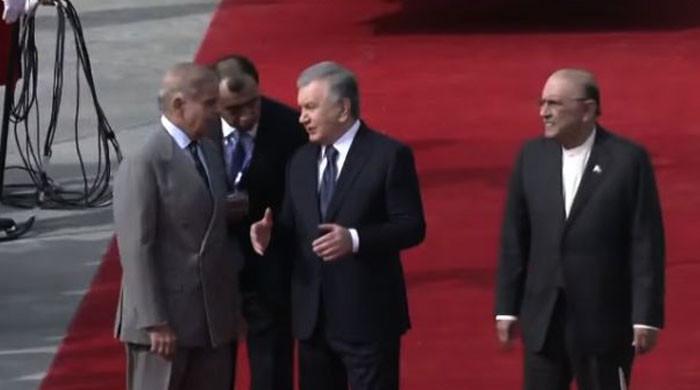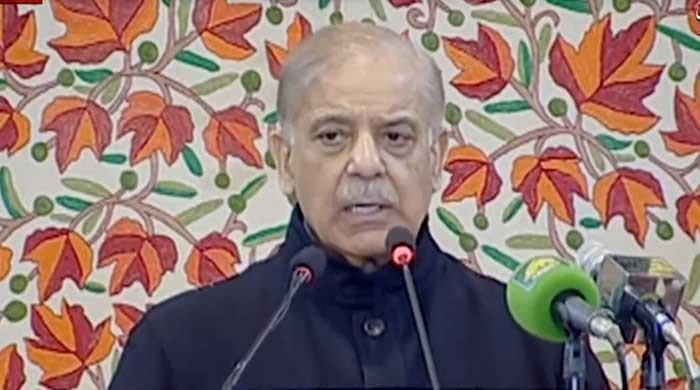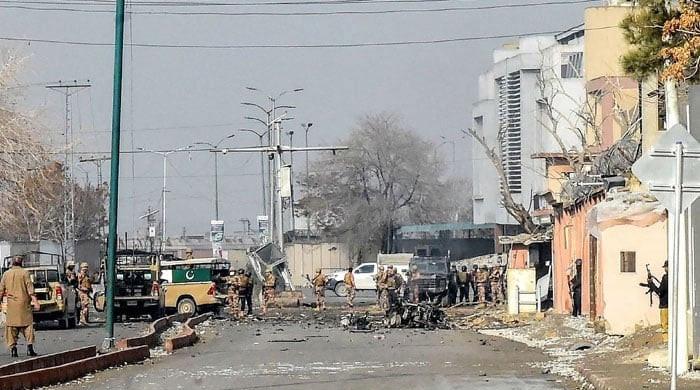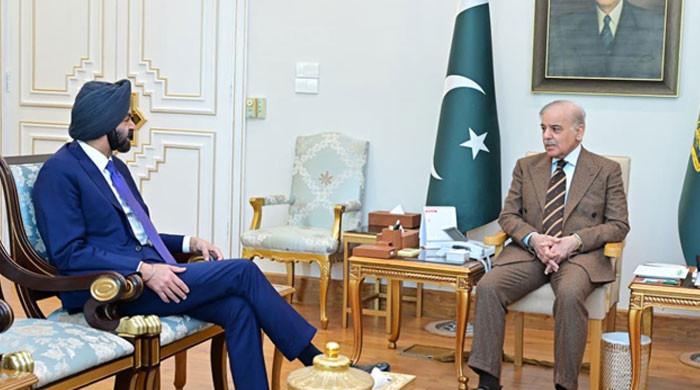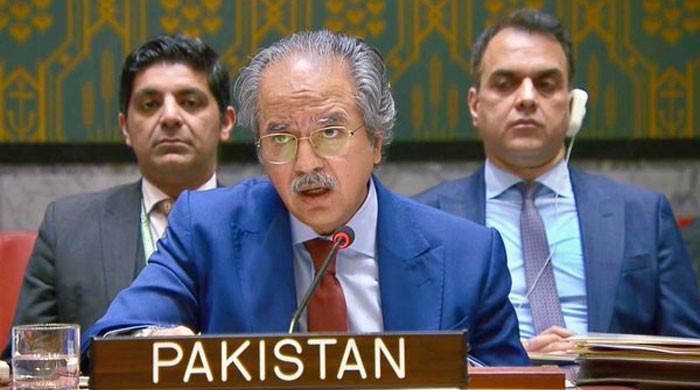Massive misuse of SOEs Act 2023 by top bosses drains billions
Information being gathered to determine how law was "milked" for personal benefit of SOE executives
August 30, 2025
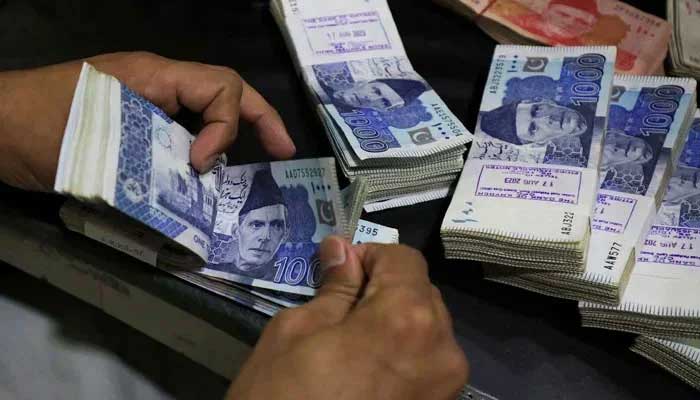
- Regulator of SOEs itself involved in serving its top bosses: source
- PM forms body to examine governance, financial practices of SOEs.
- Information being gathered law's misuse for personal benefit.
ISLAMABAD: The International Monetary Fund (IMF)-dictated State-Owned Enterprises (SOEs) Act 2023, which was meant to reform Pakistan’s loss-making public entities, has been grossly misused by top bosses of these organisations to multiply their salaries and perks — bleeding the national exchequer by billions.
Informed government sources told The News that in the wake of a recent report by this newspaper revealing how the chief executive officer of an ordinary SOE amassed fortunes by exploiting the law, information is being gathered.
The disclosure by the publication's report has raised eyebrows within the government, prompting a deeper probe into the broader misuse of the legislation across several state-run entities.
Adding insult to the injury, a source explained, the apex regulator of these SOEs itself is involved in serving its top bosses.
According to sources, information is now being gathered to determine how the Act was "milked" for the personal benefit of SOE executives instead of ensuring financial discipline and improved governance.
Prime Minister Shehbaz Sharif, taking serious notice of the publication revelations, has already constituted a high-level committee to examine the governance and financial practices of SOEs in light of the 2023 law — passed as part of IMF conditionalities.
The committee will also assess whether the IMF itself should be approached over the unintended fallout of the reforms. The IMF had pressed Pakistan to legislate the SOE Act 2023 with the aim of making state-owned enterprises more independent and less burdensome for public finances.
The law was meant to foster competition, ensure transparency, strengthen management, and subject SOEs to independent audits in line with international standards for reducing fiscal risks.
However, instead of improving efficiency and accountability, insiders say the law has been weaponised by SOE boards and executives to grant themselves unprecedented financial privileges, even as many of these entities continue to deliver poor services and remain a burden on the public kitty.
"SOEs were to be reformed to serve the public interest, but what we are seeing is exactly the opposite — top bosses enriching themselves while ordinary taxpayers foot the bill," a senior government official admitted. Pakistan has over 200 state-owned enterprises, many of which operate in critical sectors such as energy, insurance, aviation, banking, and transport.
Many of them have long been plagued by inefficiency, corruption, and mismanagement, contributing to fiscal losses that, according to initial estimates, run into billions annually.
The high-level committee’s findings are expected to determine the government’s next steps in tightening oversight, revisiting the SOEs Act 2023, and possibly renegotiating aspects of IMF’s reform that has opened the door for abuse.
Originally published in The News






